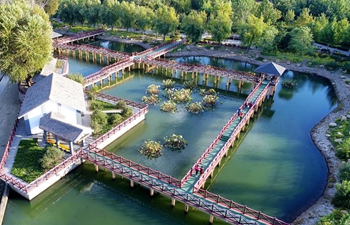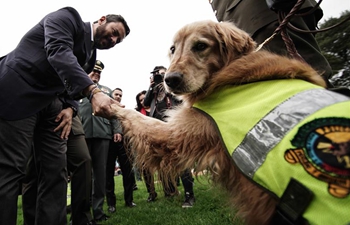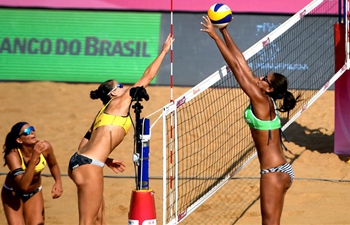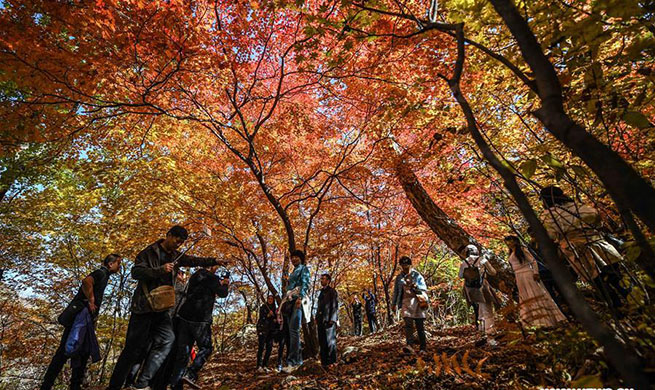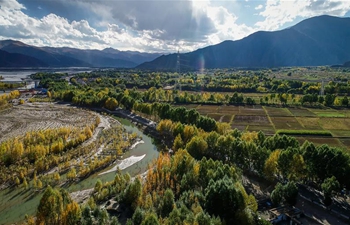RIO DE JANEIRO, Oct. 5 (Xinhua) -- The Brazilian presidential candidates are making a conservative, shallow campaign, and no clear projects for the country's future are being discussed, a Brazilian expert told Xinhua.
According to Carlos Lessa, professor of economics at the Rio de Janeiro Federal University (UFRJ) and a former head of Brazil's Development Bank (BNDES), though the main candidates for the Brazilian presidency come from widely different parties, their plans for the economy are similar in the sense that they call for a conservative stabilization strategy.
"I am under the impression the candidates' proposals converge towards a vision of conventional stabilization," Lessa said. "It is as if they created some consensus towards the need for a conservative stabilization policy."
And with the absence of clear directives and strategies, voters are seeing only a debate of personalities instead of a debate of ideas.
In addition, the matter of corruption has taken over the discussion arena in a way that left no space for a more profound analysis, Lessa said, adding that candidates present themselves as being against corruption, but not much more than that.
"It cheapens the debate. Not that the fight against corruption is not relevant, but it should be a permanent statement of belief for all candidates to all positions," he said. "Putting the fight against corruption at the main point of the debate is incredibly cheap."
"It is not enough to say they are against corruption. You must present some proposal for the education system, for a system of awards and punishments. But nothing new comes up. Being against corruption is a common denominator which should already have been left behind in the debate," he added.
Left and right-wing representatives should debate their ideas for the future of Brazil, of what sort of country they want to build, Lessa said.
"I would like very much to see interesting discussions about projects for Brazil, but that never comes up," he said. "I am 82 years and I have seen people talking about corruption and how they will fight against corruption since I can remember. I hope that in 2022, we can finally have clear, explicit projects for Brazil. At this moment, I cannot see that."
Brazil is having a very tense presidential race, with Jair Bolsonaro, a far-right candidate, and Workers' Party's Fernando Haddad in the lead. The two are regarded as the most likely to advance to a second round of elections.
Both candidates have high rejection rates as well as voting intentions. Lessa believes the winner of this election will have a very narrow margin, as that happened in 2014, when Dilma Rousseff had only 3.5 million votes more than her adversary.
But regardless of who wins, the new president will have difficulty making drastic changes. Since the current government approved a spending cap to last for the next two decades, the next Brazilian president, whoever he is, will have very limited space to work.
New presidents normally have somewhat of a honeymoon period in which they have more freedom, and in that period the president could theoretically call for a change or revocation of the spending cap. However, approving such changes in the Congress would be tough.
"Today I think that it will be very difficult for any of them to approve any significant change," Lessa said.





